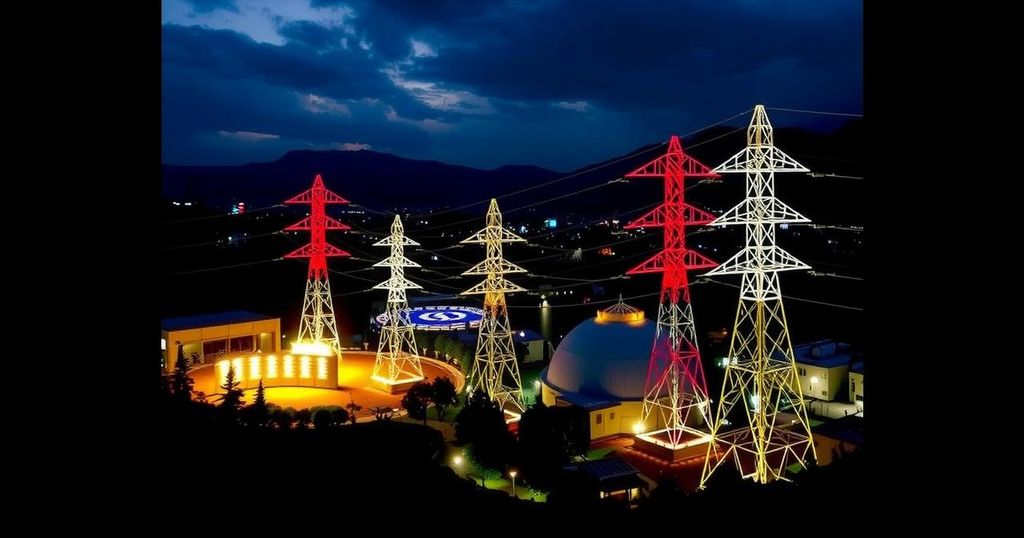Colombia has ruled out the resumption of electricity exports to Ecuador, prioritizing national energy demands. This decision reflects ongoing challenges and the need for careful management of domestic energy resources.
Colombia has officially announced that it will not be resuming electricity exports to Ecuador at this time. This decision comes as part of a broader strategy to manage the nation’s energy resources and ensure adequate supply for domestic needs. Despite previous discussions regarding the potential for electricity exports, the Colombian government has indicated that the current energy situation necessitates a prioritization of local demand over international contracts, particularly in light of various operational and logistical complexity factors that have arisen in recent months. Furthermore, officials have expressed their commitment to strengthening internal electricity provisions and addressing any supply challenges facing Colombia’s energy sector. Though there may be future opportunities to explore electricity trade with Ecuador, Colombia stands resolute in its current position to prioritize national energy security.
In the context of Latin America’s dynamic energy market, the relationship between Colombia and Ecuador regarding electricity exports has been subject to various negotiations and regulatory changes. Historically, Colombia has been a key supplier of electricity to Ecuador, leveraging its hydroelectric capacity and extensive energy resources. However, energy policies in Colombia have evolved, particularly in response to domestic energy demands, climatic variations affecting hydroelectric generation, and operational challenges within the energy grid. The complex interplay of these factors has contributed to the decision to halt future exports, prompting a reevaluation of energy sharing agreements in the region.
In summary, Colombia’s decision to suspend electricity exports to Ecuador reflects a strategic move prioritizing national energy security amidst growing domestic needs. The evolving landscape of the energy market in Latin America necessitates careful consideration of both local and international energy commitments, and Colombia remains focused on addressing its internal electricity requirements before engaging in future export negotiations. This cautious approach may lay the groundwork for a more sustainable energy trade relationship in the years to come.
Original Source: www.bnamericas.com






